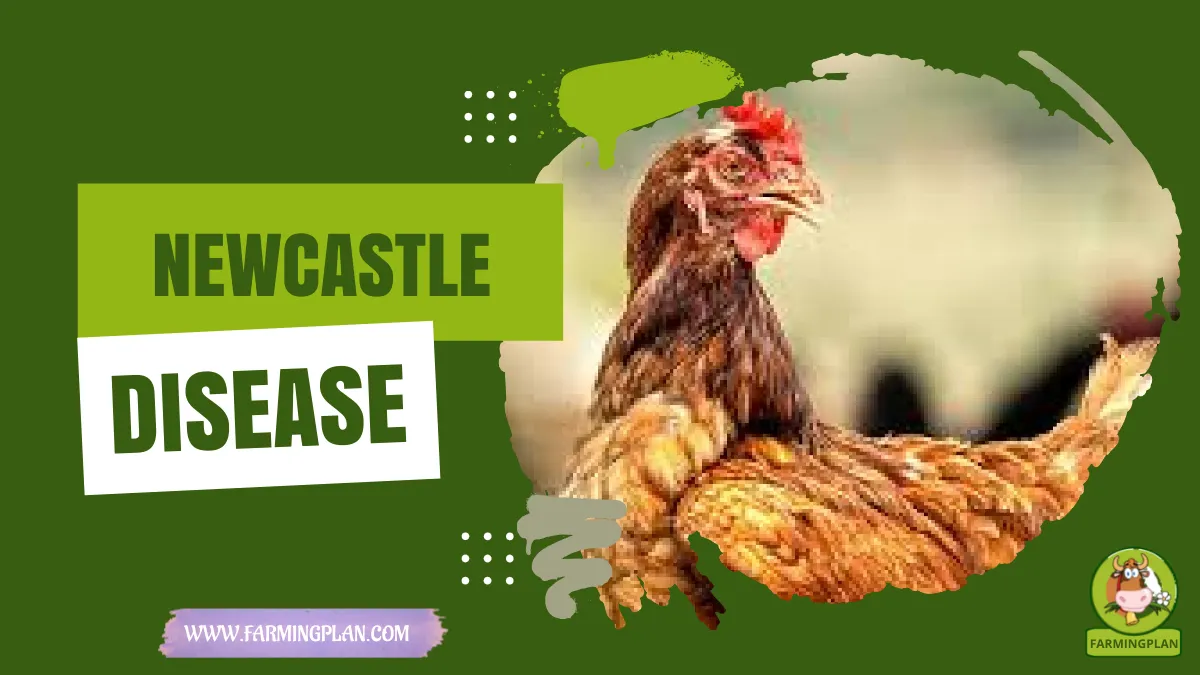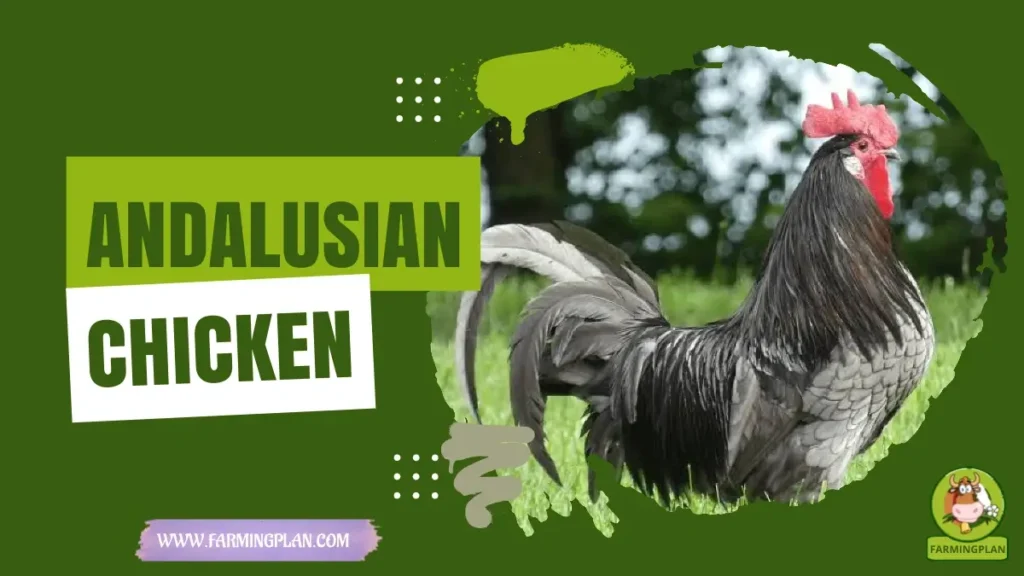Newcastle disease continues to be a serious concern in the Latin American poultry industry. As a threat capable of exterminating groups of birds, unless the producers are alert in their control efforts. In its most benign form, Newcastle disease usually causes respiratory problems. What interferes with the performance of the group of birds and even some develop secondary bacterial infections. Although the mortality is not significant. The respiratory manifestations are sneezing, nasal discharge and inflammation of the tissues around the eyes and in the neck. However, some Latin American countries are exposed to the highly virulent or “velogenic” form of this disease. In unvaccinated birds morbidity is high and mortality can reach 100%, which literally eliminates the group of birds.

Nervous signs such as muscle tremors, drooping wings may also occur. Birds that walk in circles, torsion of the head or complete paralysis, in addition to digestive signs such as greenish and watery diarrhea. In laying hens, the disease causes a partial or complete fall of the posture or the production of eggs with thin shells or in coltsfoot.
Treatment Against Newcastle Disease
There is no treatment for Newcastle disease. Once an outbreak has occurred it is difficult and expensive to eradicate the virus that causes it. This virus is tenacious, it can survive for several weeks in warm and humid weather, remaining in the feathers of birds. However, it is sensitive to disinfectants, fumigants, and sunlight.
The protection of the group of birds against the devastating effects of Newcastle disease is achieved through vaccination and biosecurity. Traditionally live attenuated vaccines. Or a combination of live attenuated and inactivated vaccines (live and dead) of Newcastle disease virus has been used.
The exact regime varies depending on the needs of the group of birds and is related to the local level of challenge. For broilers, one example could be a live virus vaccine administered by coarse-grained spray at a day of age. Followed by vaccination in the field.
Vaccine Challenges
When it comes to large groups, it is difficult to vaccinate all birds uniformly. In such a way that some may be unprotected. Newcastle vaccines made with a live virus can also interfere with vaccines against other respiratory diseases. Particularly infectious bronchitis.
The idea is to provide respiratory vaccines separately, although in broilers this can be difficult because their life is very short. In addition, the presence of high levels of maternal antibodies against Newcastle disease can interfere. It interferes with the efficacy of live attenuated vaccines, so revaccination is required.
Incubation Period
The incubation period of the Newcastle disease varies from 3 to 8 days. Clinical symptoms change depending on factors such as type of virus, dose, vaccination plan and type of vaccines, immune status of birds, etc. You may also like to read Buckeye chicken.
Who does it Affect?
It affects birds, including poultry, such as chickens and chickens. And manifests with symptoms such as respiratory distress, diarrhea, paralysis of the wings or legs, crooked neck, among others. Of course, it has an impact on production: Birds may have difficulty gaining weight and egg posture may decrease or stop altogether. You may also like to read Ameraucana Chicken.
How is it Transmitted?
This disease is transmitted by direct or indirect contact between birds (sick or carriers). By respiratory tract and less frequently by the digestive tract. By introducing contaminated objects such as clothing, footwear, and vehicles into farms. And because of the inadequate management of the slaughtered birds, of those that die and of those that are sick. The infection is transmitted mainly orally, airborne transmission and direct contact are less frequent.
Does it Affect Humans?
Eventually, it generates in those who handle sick birds. Symptoms such as nasal congestion or mild allergic reaction. So it is not considered a zoonosis and is not transmitted by consumption of products and by-products such as meat and eggs. You may also like to read Silver Appleyard Duck.
How Severe?
It is an endemic disease, that is, it has remained constant over time: it has always been there. The particularity of the foci detected now is, in part, in the importance of the region for the poultry industry. In conclusion, it is important to remember that the disease is old, humans can present mild symptoms when handling sick animals. However, they do not get infected when eating meat or eggs. Now it is important to comply with the control measures imposed by the health authority.
FAQ
What is Newcastle disease caused by?
Newcastle disease, also known as avian paramyxovirus serotype 1 (APMV-1), is a contagious and often fatal viral infection affecting the respiratory, nervous, and digestive systems of many domesticated bird species. It is caused by a virus in the family Paramyxoviridae, genus Avulavirus.
What does Newcastle disease do to humans?
Newcastle disease is an infectious avian virus that affects primarily poultry, however, it may also affect humans in rare cases. This disease can cause severe respiratory and neurological signs in birds, as well as other symptoms such as diarrhea, depression, inflammation of the eyes and conjunctivitis.
What does Newcastle disease do to chickens?
Newcastle disease, also known as avian paramyxovirus type 1 (APMV-1), is a highly contagious and often fatal viral disease that affects domestic and wild birds. The virus typically affects the respiratory, nervous, and digestive systems of chickens. Symptoms in chickens include coughing, sneezing, nasal discharge, depression or listlessness, loss of appetite and difficulty breathing. Mortality rates can range from mild to extreme depending on the strain of virus present; it has been found to affect a wide variety of bird species.
Conclusion
Newcastle disease is possibly the most important avian disease in the world. Controlled by vaccination by those countries that live with high-intensity viruses.
As a reference: Wikipedia

